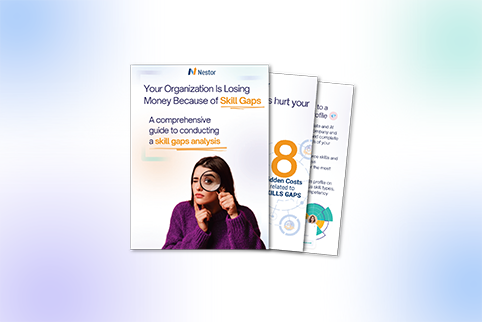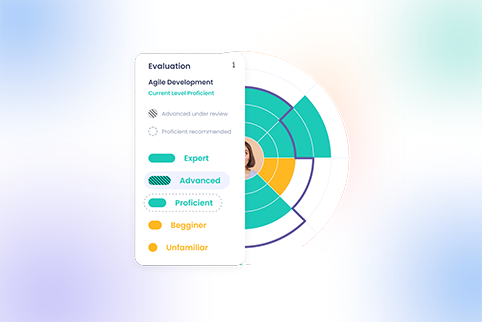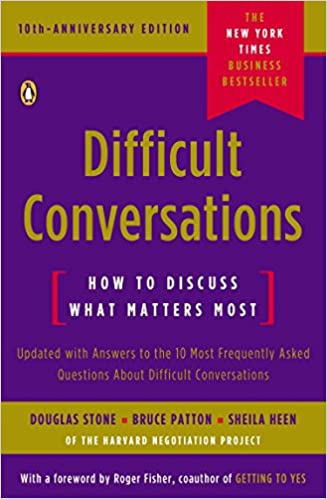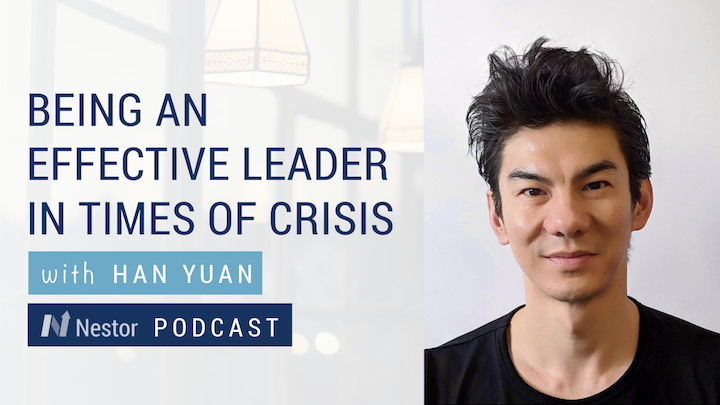Sheeba Varghese is a Leadership Trainer and an Executive Coach. Sheeba brings more than 20 years of experience working with individuals to her coaching, including a background of more than seven years as a certified K-12 teacher. Sheeba’s clients include Emerging Leaders, Managers, Senior Directors, Vice Presidents and Partners seeking leadership excellence within their role and/or teams.
Sheeba is a member of the Forbes Coaches Council and was recently selected as Top Leadership Trainer of the Year by the International Association of Top Professionals (IAOTP) for her leadership and commitment to the industry.
Sheeba is a catalyst for change. Her passion is reflected in providing leadership development to men and women who desire to bridge the gap from simply managing day-to-day to becoming exceptional leaders who architect change, innovation and sustainable excellence. Her approach is grounded in deep listening, intuitive challenging, and the ability to see to the heart of an issue. Sheeba is a firm believer that “although our lives are a series of defining moments, it is not the moment that defines us, but how we choose to live in them.”
You can connect with Sheeba on LinkedIn and Facebook.
Raluca Apostol is Chief Product Officer at Nestor and you can connect with her on Twitter @RaluApostol.
What is a difficult conversation?
Sheeba: Personally and professionally, we have difficult conversations all the time. I really define a difficult conversation as anything that you find hard to talk about. There’s a level of anxiety or fear that starts to creep up when you need to talk about something, but it becomes difficult for you to converse around that. A difficult conversation is any situation where the needs, opinions or perceptions of the involved parties are diverse, with their feelings and emotions running strong.
I define a difficult conversation as anything that you find hard to talk about.
— Sheeba Varghese
What are some of the situations when that might occur?
Sheeba: In the leadership space, a difficult conversation can appear in various situations:
- whether you have to lay someone off
- giving constructive feedback
- asking something of your manager or even of your direct reports that you need them to do
- something that you need to delegate
- a situation when you want to set the expectations clearer because it’s still not working out
- a situation when you need to fire somebody
These are all sorts of difficult conversations that we go in and have throughout our times together.
What are the key aspects that managers should consider in order to handle a difficult conversation effectively?
Sheeba: It is hard to have the handbook on this because our personalities are all so different and the way we receive information is so different as well. A really great book that I recommend to managers as a helpful resource is Difficult Conversations: How to Discuss What Matters Most by Douglas Stone, Bruce Patton, Sheila Heen and Roger Fisher.
We attempt to avoid difficult conversations every day – whether dealing with an underperforming employee, disagreeing with a spouse, or negotiating with a client. This book provides a step-by-step approach to having those tough conversations with less stress and more success.
In essence, it’s difficult to have these conversations because there is a level of stress that suddenly comes up when you realize that what you have to say really matters and is really important, but you – as a manager – have to do it!
There is a level of stress that suddenly comes up when you realize that what you have to say really matters and is really important.
— Sheeba Varghese
1. Prepare yourself
One of the things that I say is that, first of all, you have to prepare yourself when you’re going to have a conversation like that.
Before you even speak to the person, take a moment and allow yourself to think about what actually did happen, what are the emotions that you are experiencing and what does that mean to you. We often tend to let our emotions go up because there is some level of value that it means or there’s a meaning to it.
Take a moment and allow yourself to think about what actually did happen.
— Sheeba Varghese
2. Ask yourself what are you hoping to accomplish through this conversation
Ask yourself: What is your goal and what’s the motivation for me to bring this up? In difficult conversations, we often bring up the discussion based on our point of view and that’s not always helpful. So my encouragement and invitation is to begin the conversation by describing the problem as a difference between your stories as described by Douglas Stone, Bruce Patton and Sheila Heen in this book. Acknowledging each other’s side, beginning with what might be the gap and invite the other person to collaborate in order to have a common understanding of the situation.
In difficult conversations, we often bring up the discussion based on our point of view and that's not always helpful.
— Sheeba Varghese
3. Ask questions and identify the way forward
The conversation should lead to clear actions. So now that we’ve discussed this, identify how do we move forward. In a difficult conversation it’s not just to discuss about some situations, but how do we move forward and grow. It’s not about blaming others, but it’s how did you contribute to it. If we have a growth mindset we’re wanting to grow from the situation. We’re not wanting to just look back and be a victim to it.
So, take a minute to pause, listen to what is really being said, ask questions from a place of curiosity as opposed to judgment, and then how do we move forward with this.
In a difficult conversation it’s not just to discuss about some situations, but how do we move forward and grow.
— Sheeba Varghese
What should managers avoid when having difficult conversations in a remote work environment?
Sheeba: Right now people are working remotely. Having to understand how to connect with one another although we are socially distinct? How do we still maintain that closeness? With difficult conversations, my invitation to managers is to never do it via email.
Phone calls perhaps are the next best thing, but really the best is to at least have it through a video as much as possible. The best option is through video calls because we can see each other’s body language, we can hear our tone, we can notice those things a little bit more. Whenever there are emotions that rise up, I recommend that before we even attempt to do this over a video conference it’s also recommended to take some time for us to reflect before we just react to them.
Never have a difficult conversation via email.
— Sheeba Varghese
How does a manager know that he handled the conversation successfully?
Sheeba: I think that’s a hard one to tell because we can never control someone else and how they receive our information. We can, however, have a handle on how we respond and what our emotions are. But, I think, in a conversation if emotions are acknowledged and if we’re able to move forward through the conversation – these are good signals that you’re on the right path. If we’re also able to talk about when can we check-in to see how things are going around this, you are on the right path as well.
I encourage leaders, especially when they’re bringing someone new onto their team, to ask them from the beginning when there might be a difficult conversation.
As leaders, there are conversations that we may not like to talk about or deal with or handle, but if there is something, how would you like me to handle that with you? How would you like me to address that with you? This is how you’re getting an agreement from them on what is the best way they’d like to receive that information.
So, settle and have an agreement. It helps to move forward with that relationship because you’re cultivating this respect between you and the other person as well. While there’s never a one-size-fits-all, these are the encouragements that I give to leaders.
If emotions are acknowledged and you're able to move forward through the conversation, these are good signals that you're on the right path.
— Sheeba Varghese
What is your opinion about the long term effects of COVID-19 on how managers communicate with their direct reports?
Sheeba: People working remotely have had to tighten up their communication so they’ve had to realize what forms of communication are they going to use and what are the norms around using that type of communication – deciding when are they going to use emails, when are they going to text or when are they going to pick up the phone and call or utilize a video-conferencing.
They’ve had to tighten the norms around what platforms they will use for what. We’re also seeing managers and leaders showing a level of empathy that may not have been there before. Getting to know the person will help when you are ready to delegate, have difficult conversations or give constructive feedback. And all of those are supported when you develop and cultivate a relationship. What’s happening at a greater scale now is people having happy hour events or icebreaker type questions in a meeting. People are asking about how your children are doing or how is your work remote situation going. So, there’s empathy that has risen.
I think companies are going to see that they might have a hybrid of those who do continue working from home, and those who do come to the office. There’s going to be a greater level of appreciation for the ability to come into an office and be around people.
We're also seeing managers and leaders showing a level of empathy that may not have been there before.
— Sheeba Varghese








